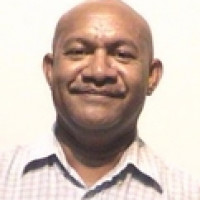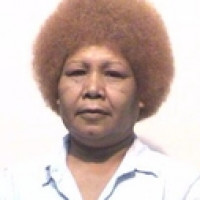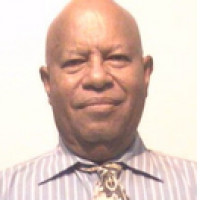WELCOME
This Bachelor of Medicine and Bachelor of Surgery (MBBS) program is designed as a five (5) year program to produce doctors with a commitment and clinical competency to serve the population of Papua New Guinea. The first year is called Health Science Foundation (HSF) program and it is designed to produce graduates with basic knowledge of basic and premedical sciences. It is intended to be a bridging program between secondary school and university giving the students baseline knowledge in basic and premedical sciences including molecular biology, chemistry, biochemistry, anatomy and physiology. The HSF program aims also to advance critical thinking skills and improve academic writing skills as well as develop basic skills in the use of online technologies in learning. Upon completion of this program students will also be able to discuss ethical aspects of leading dilemmas in bioethics.
The National Health Plan 2011-2020, the country’s sixth Plan since Independence, is an important roadmap for the PNG Health Sector. Two important aspects of this Plan are human resource development and improved service delivery, especially, delivery to where the majority of the population lives, in rural areas and urban settlements. It is here that the health services face their most severe challenges with inadequate numbers of doctors to serve the needs of the population. And therefore, this program, while preparing general practitioners able to work on various positions in the PNG health sector and to pursue development in various medical specialization, it also emphasizes adequate generalist training in the rural setting and thus preparing graduates to serve the most disadvantaged rural population.
Mission statement of MBBS program
To produce competent medical professionals imbued with Christian ethical values and sensitivity to the needs of the least privileged rural populations of PNG.
اِقرأ المزيد...
ABOUT DEPARTMENT
The largest nation in the Pacific, PNG, is classified as a low middle-income country. Nearly 87% percent of the population lives in rural areas but access to these widely scattered communities is often difficult and expensive. Violence against women and the achieving of gender equality remain further major challenges. The country is a signatory to the United Nations Millennium Development Declaration which requires upgrading of health status of PNG population.
The major health problems currently affecting PNG according to the World Health Organization (2016) are:
- communicable diseases, with malaria, tuberculosis, diarrheal diseases, and acute respiratory disease the major causes of morbidity and mortality,
- a generalized HIV epidemic driven mainly by heterosexual transmission,
- high rates of infant and child mortality when compared to other countries in the Asia Pacific region,
- very high maternal mortality,
- increasing burden of non-communicable diseases including trauma resulting in a double burden of disease on the country,
- numerous challenges in addressing the diverse socio-cultural determinants of health.
Although at some time in the past majority of districts had resident medical officers or regular visits of provincial doctors, gradually a major shift of doctors to urban centers has occurred. As a result of the process of urbanization of the medical workforce, at present, PNG is experiencing an extreme shortage of doctors at the district level. Current analysis has shown that out of 89 districts the majority have no permanent medical presence.
Long queues at hospitals, overcrowding, unacceptably low health worker to population ratios, and an ageing of the work force, call for more quality health professionals for health service delivery to all Papua New Guineans. Given the human resource challenges, limited access to health services for the rural majority and limited numbers of doctors to serve rural locations in Papua New Guinea, there is an urgent need to train more doctors.
Increasing population growth, impacts of new and emerging diseases, and changing patterns of behavior leading to more lifestyle-related illness, continue to outpace the human resource capacity of the health sector to respond effectively to the needs of the people... Combined with the declining state of health facilities and the inability of health services to meet the needs of the population, these factors have had a significant negative effect on the morale of health workers. (Government of Papua New Guinea, 2010, p 15)
Our programs go in line with the Papua New Guinea Vision 2050 (Government of Papua New Guinea, 2009) and the PNG Development Strategic Plan 2010-2030 (Government of Papua New Guinea, 2010) which give prominence to human capital development and argue that higher education is crucial for supplying the skilled workforce that is required for the country’s development and that no nation has become prosperous without developing a highly skilled workforce.
The PNG Universities’ Review Report (Namaliu & Garnaut, 2010, p13) expressed concern about the quality of educational experiences that students receive. This MBBS program has been developed with input from international experts and will be supported by high quality human resources, infrastructure and teaching and learning resources. DWU is committed to use all available resources to continuously build up the capacity and quality of the medical program, continuously benchmarking the offered MBBS program to the world standards in the medical education.
اِقرأ المزيد...
PARTNERSHIPS
Local Partnerships
Modilon General Hospital
Kundiawa General Hospital
Catholic Health Services of Achdiocese of Madang
National Department of Health
International Partnerships
PUMS (Poznan)
3 Medical Schools (Polan, Fiji, Slovakia)






